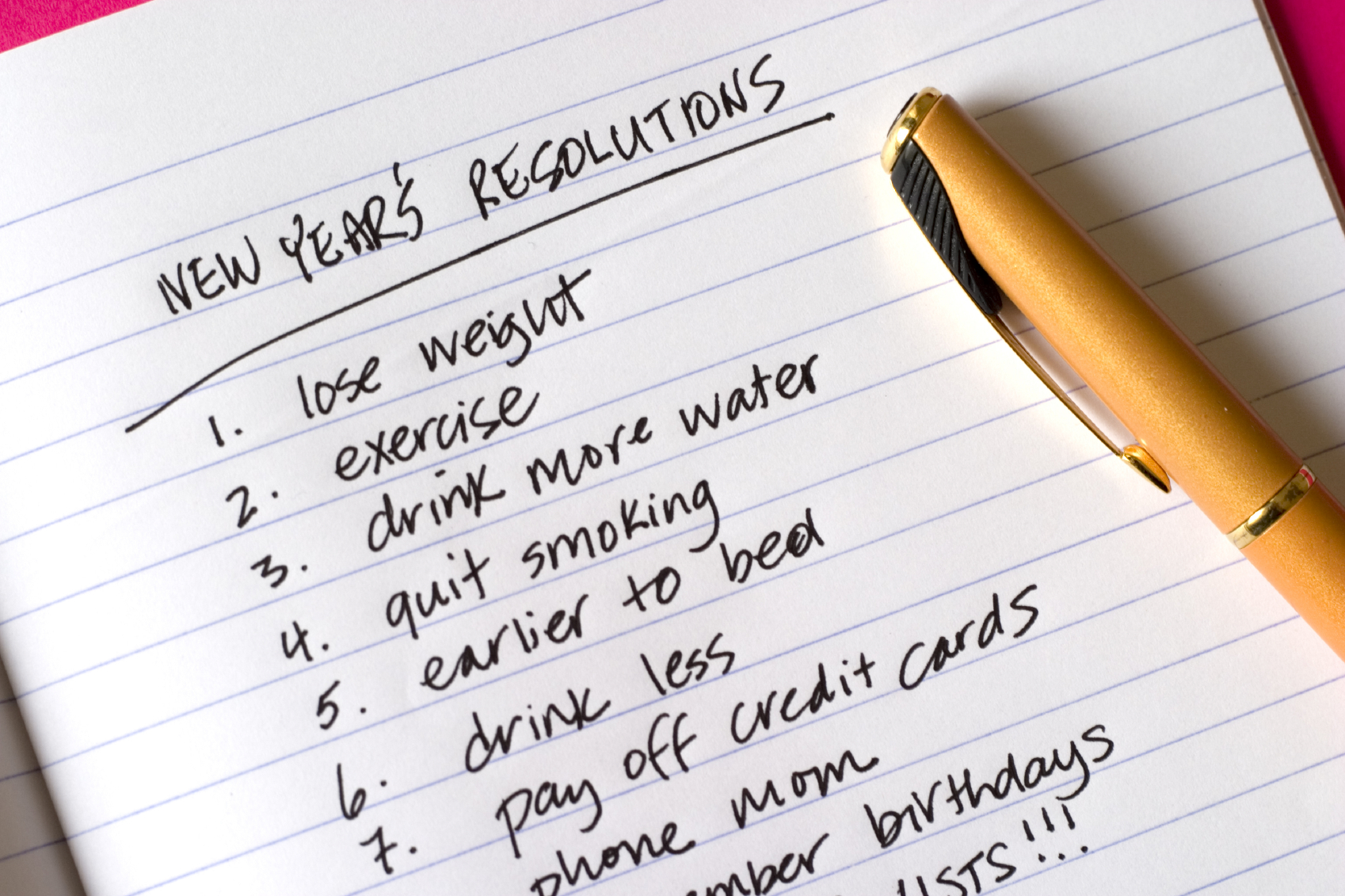After the year we’ve had you’re probably eager to welcome in 2024. And if you’re like most Americans that includes making a New Year’s resolution. But here’s the thing: studies show only 8 percent of us actually meet our goal.
Does that mean you might as well give up before you even begin? No way. There’s a science to resolution-making. Following a few rules can not only substantially bump up the odds of your success, but can also help to make you happier in the year ahead.
“[T]hink of a resolution that involves helping others not just yourself,” Richard Ryan, one of the authors of a journal article on what it takes to for a resolution to be successful, said in a statement. Instead of making a resolution that’s totally self-centered, craft one that is caring of others. It’s more satisfying.Don't set yourself up to be discouraged. You can always make your goal harder later on.
You can meet your goals and help others at the same time. If you’ve decided you want to exercise more, consider volunteering to deliver meals, or walk an elderly neighbor’s dog. It’s the same if your resolution is to be more organized. Plan on donating the stuff you no longer want or need — whether it’s clothing, furniture, or books or tchotchkes — to a charitable organization. If you’ve made a resolution to learn to cook, find a way to share your delicious new dishes with family members or friends. If the pandemic continues to make visits impossible, set a time to drop it off outside their door.
Ryan offers three more suggestions based on his research to help you create a resolution that makes you happier and is more likely to stick:
Finally, Ryan suggests you consider the possibility that not every resolution you make will bring you closer to happiness, even if you meet your goal. For instance, setting a goal of making more money might mean working harder, and that could leave you feeling less connected to others, having less autonomy in your day-to-day life and ultimately less happy.
Resolutions are a chance for you to focus on things you want for yourself. They are there to serve you. So choose your resolution wisely — and have a Happy New Year.
The study is published in the Journal of Personality and Social Psychology This story originally ran on December 31, 2020.





